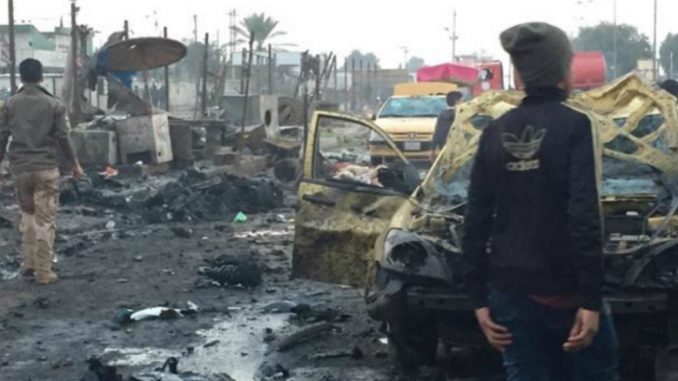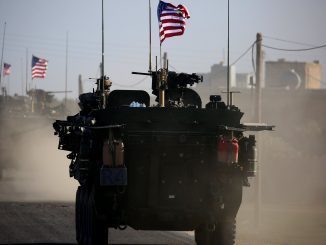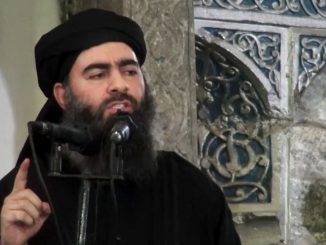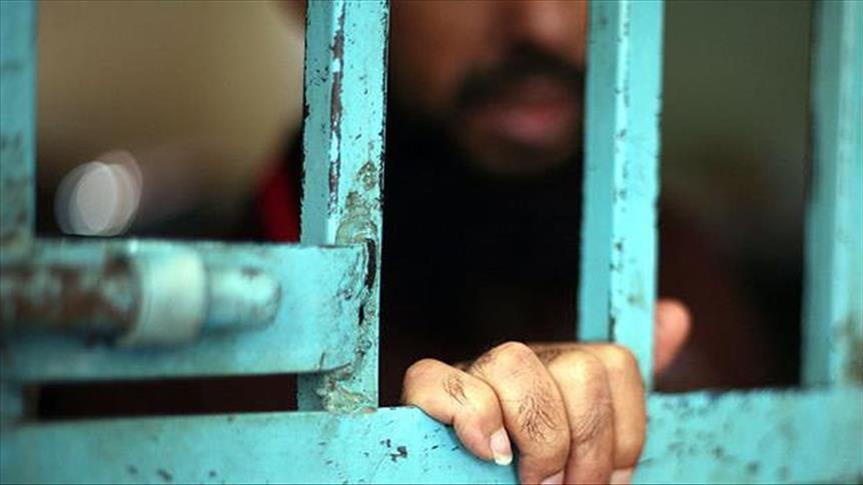
A suicide truck bomber targeted a police checkpoint in Iraq’s Baghdad on Wednesday night, killing 17 people and wounding at least 60 others, in a new chapter of suicide attacks that rocked the Iraqi capital in the latest months.
The bomber detonated the vehicle – an oil tanker laden with explosives, security, and hospital officials said, speaking on condition of anonymity under regulations.
Three policemen were among the dead while the rest were civilians, and a number of police were also wounded, the officials said.
No one immediately claimed responsibility for the attack, but the Islamic State (ISIS) group has carried out similar attacks in the past.
Attacks in Baghdad and Tikrit
A powerful blast hit Baghdad on March 15, leaving at least 18 people dead, 22 injured, sources in the local law enforcement authorities told Sputnik Arabic.
According to the source, a car rigged with explosives exploded in the Northern part of Baghdad.
In addition, another explosion occurred on a crowded street in the Iraqi city of Tikrit at the same time as the blast in the capital.
“Eight are killed and 52 are wounded from the Tikrit al-Atibaa street attack,” Reuters cited governorate media director saying.
The car was parked in al-Atibaa Street (“Doctors Street” in English) in downtown Tikrit, which is often crowded as it has many clinics.
Some observers believe Islamic State have begun to escalate attacks outside the city of Mosul, where the group has been losing ground and personnel since October, so as to relieve pressure by government forces on that front and to divert attention from group losses.
They are concerned that the group could, however, shift to a guerilla-style war and lone wolf attacks after the recapture of Mosul.
Previous attacks by ISIS
At least 26 people have been killed in suicide bomb explosions on March 8 at a wedding party in a village near the Iraqi city of Tikrit, the new chapter in a series of deadly ones that rocked Iraq’s cities in retaliation for ISIS major losses in Mosul battle.
A police source told Reuters that two blasts hit the wedding and two more targeted security forces at the scene shortly afterwards. There were ongoing clashes between security forces and fighters in the area, he said.
ISIS said it had targeted a gathering of the Popular Mobilization Forces, a coalition of mostly Shia paramilitaries backed by Iran.
In a post on its channels on the messaging app Telegram, ISIS said the attackers had clashed with members of the group before detonating their explosives.
In addition, Baghdad was attacked several times.
In the deadliest attack in 2017, a car filled with explosives blew up on Feb. 16 in southern Baghdad, killing at least 51 people and wounding 55 adding more victims to the growing death list this month.
Islamic State claimed responsibility for the bombing in an online statement, as a revenge while its forces are being surrounded in Mosul city.
Another four attacks in and around Baghdad on Feb. 16 killed eight people and wounded around 30, police and medical officials said. They spoke on condition of anonymity because they were not authorized to brief reporters.
On Feb. 15, a suicide bomber detonated a car loaded with explosives in northern Baghdad on Wednesday killing at least nine people.
The powerful blast in the Habibiya area, near Sadr City which is a Shia-majority neighborhood in the Iraqi capital, killing at least nine people while thirty others were wounded.
The explosion targeted a crowded street full of garages and used car dealers.
Suicide bombings on January 8 hit two marketplaces in eastern Baghdad killed at least 20 people. ISIS claimed the first attack in an online statement saying the bomber had targeted “a gathering of Shia” in Jamila.
On January 2, ISIS claimed responsibility for a suicide car bombing that killed 39 people in a busy market in Sadr City.



